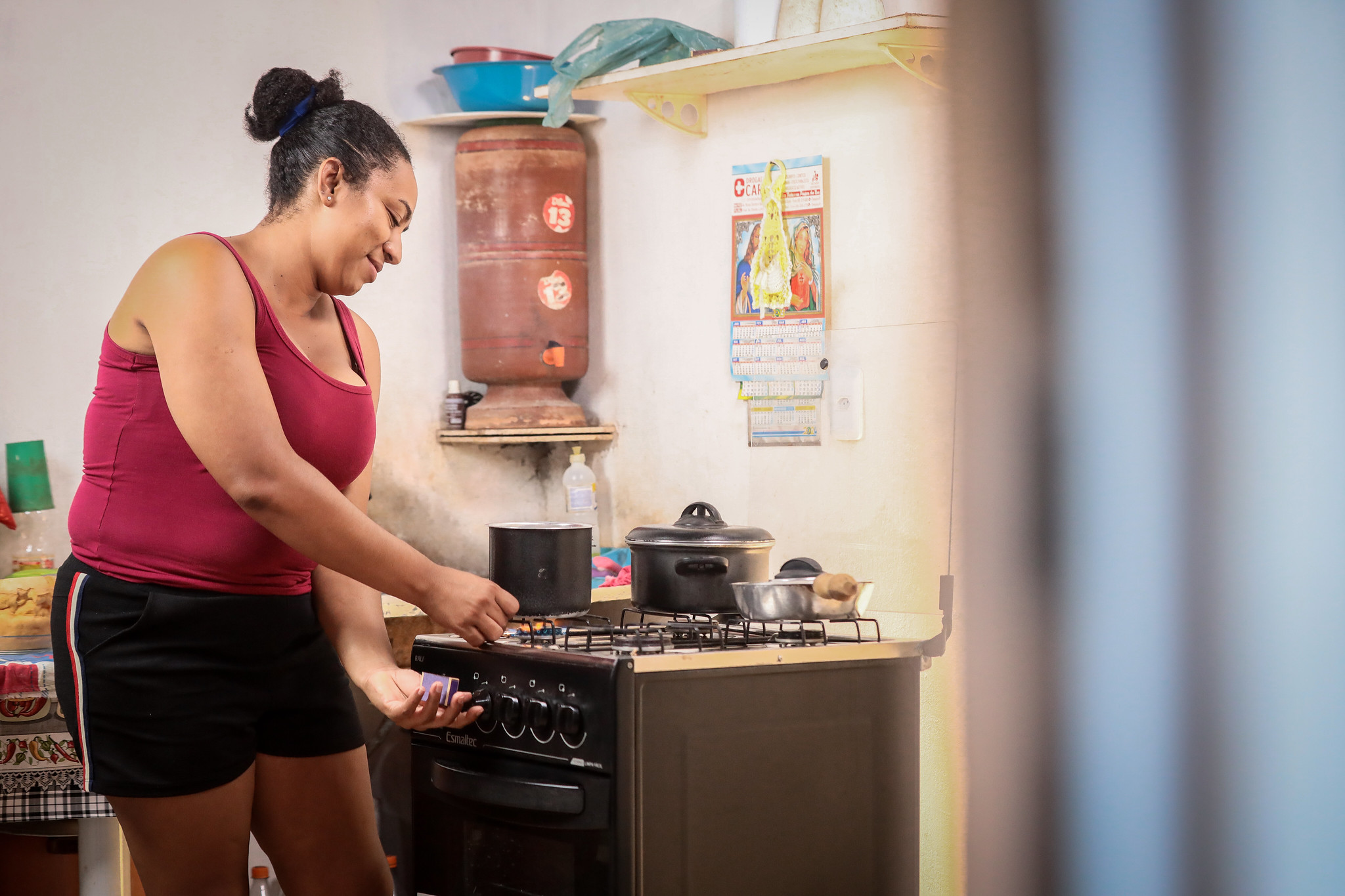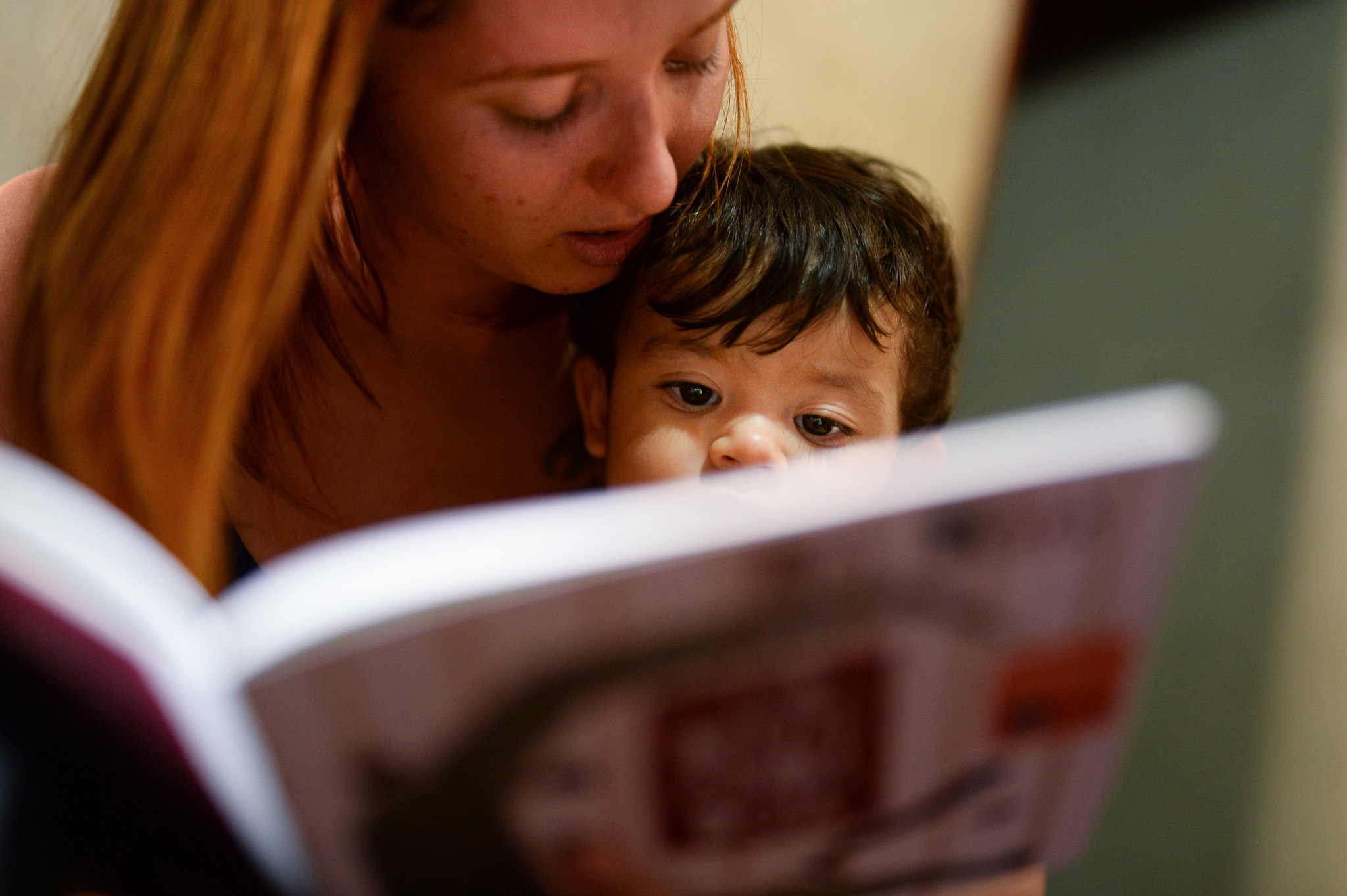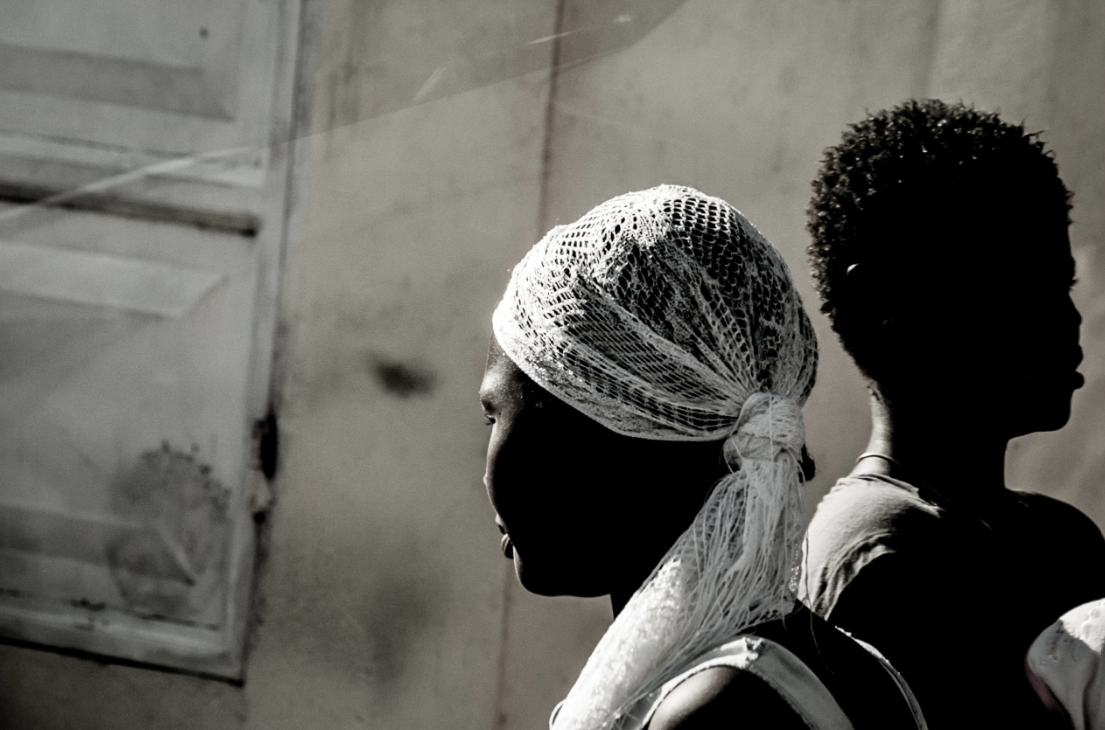Gender inequality: with care work, women subsidize the economy by at least US$10 trillion annually
Oxfam report highlights the alarming economic disparity between men and women around the world. Women perform more than three-quarters of the unpaid care work worldwide—a sum that is three times the size of the global technology industry. Distribution of power and opportunities is also unequal and puts women at a disadvantage

In the global context, the economic disparity between men and women is alarming, reflecting not only wage inequality, but also an unequal distribution of power and opportunities. In 2019, women were paid only 51 cents for every dollar that was earned by men—a disparity that is even more pronounced for women who belong to racialized and discriminated groups. Moreover, women are the majority in the world’s lowest paid and most precarious jobs.
The data is from the Oxfam report “Inequality Inc. How corporate power divides our world and the need for a new era of public action”. Oxfam is an international confederation of organizations that work together to combat poverty and global inequality.
The report highlights the crucial role that unpaid care work plays in the global economy. Women are estimated to subsidize the economy by at least $10.8 trillion annually—three times the size of the global technology industry—by carrying out more than three-quarters of unpaid care work worldwide.
>> Find out more: Billionaires double their fortunes while 60% of the global population is impoverished, says report
“Low wages mean that many workers are facing long hours and are trapped in poverty, while persistent gender pay gaps and heavy unpaid care burdens reflect a global economy that is based on the systematic exploitation of women,” says the document released last week, on the eve of the World Economic Forum in Davos.
The report also reveals that men’s assets are worth US$105 trillion more than women’s, highlighting a profound economic inequality. It also states that women, globally, own only one in every three companies.
““Low wages mean that many workers are facing long hours and are trapped in poverty, while persistent gender pay gaps and heavy unpaid care burdens reflect a global economy that is based on the systematic exploitation of women”
The text highlights another sad reality: women in agrifood chains suffer rights violations that intensify exploitation and systematic abuse. These conditions, added to economic inequality, amplify the vulnerabilities of women, especially those of low socioeconomic status, to the impacts of climate change.

Necessary and urgent solutions
The report highlights the need to address this gender inequality. Some of the proposals it presents are the following: asking companies to verify and address environmental and human rights issues; putting in place rules that help women and ensure that everyone is treated fairly; and better sharing unpaid work such as taking care of the home and children.
Encouraging policies that facilitate women's access to business ownership is also essential. This can be achieved through training programs, and easier access to financing and mentoring. Additionally, it is critical to implement and enforce laws that ensure equal pay, including significant penalties for companies that do not meet equitable pay standards, the report says.
It is critical to implement and enforce laws that ensure equal pay, including significant penalties for companies that do not meet equitable pay standards, the report says
Women's Empowerment WG
The new G20 Women's Empowerment Working Group began work last Wednesday (17), kicking off the Sherpa Track meetings. The priorities presented by the WG—which is coordinated by Brazil’s Ministry of Women (Ministério das Mulheres) to work with G20 members throughout 2024—are equality, focused on autonomy and on care work and policy; confronting misogyny and violence; and climate justice.
“The agenda of equal rights between men and women is crucial to us,” said Minister of Women Cida Gonçalves in her opening speech to the work of the GT. “It is a great pride for Brazil to preside over the G20 and to be the first country to lead work between governments to reduce gender inequality,” she added.
For access to the full document, please click here.
*Content produced in partnership with Brazil’s Ministry of Women
